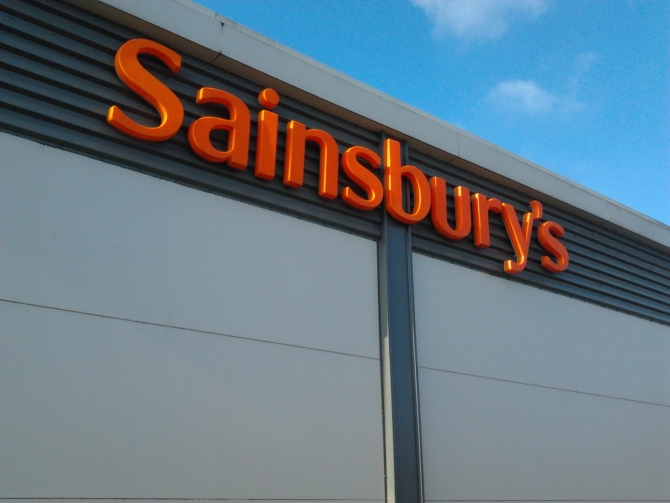With Sainsbury’s full year results to be released next week, the question on analyst’s lips is whether the brand will have been negatively affected by its first quarterly sales decline in nine years. Although analysts at Deutsche Bank believe the retailer will have fared relatively well against rivals in the mid-priced supermarket sector, they predict that increasing competition from discounter brands and representatives from the top end such as Waitrose will force Sainsbury’s to finally enter into the supermarket price war.

The late timing of Easter should, in theory, have boosted sales in April – perhaps even having an impact upon the UK grocery market as a whole. However, with the sector still stagnating with its slowest growth recorded in the past nine years, Deutsche Bank still believes that the results may come as a disappointment for those hoping to see Sainsbury’s regain its momentum in terms of market share.
Deutsche Bank analyst Niamh McSherry believes that, following the release of its annual results, Sainsbury’s will be forced to make some announcement regarding investment into cost cutting measures so as not to be left behind by key rivals Tesco and Asda.
She says; “We think Sainsbury’s can be a relative winner but sales growth will still slow, making it more difficult to offset cost inflation.
“Furthermore, Sainsbury’s may need to invest in price to maintain its relative outperformance.
“We expect Sainsbury’s to respond to price competition, which we believe has the potential to become very real.”
At this point in time, Sainsbury’s remains the only “middle tier” supermarket in the UK to have refrained from entering the supermarket price war, with chief executive Justin King having referred to the practice as little more than “the normal cut and thrust of this market” only last month. By comparison, its “Big Four” peers Tesco, Morrisons and Asda have all invested hundreds of millions of pounds collectively into lowering the price of everyday essentials, with even community supermarket the Co-op having announced price cuts on items such as bread, milk and eggs earlier this week.
Analysts at Deutsche Bank also believe that Sainsbury’s will presently announce cuts to its capital expenditure guidelines for the new financial year, as last year’s £1.1 billion sum may be relatively risky in the current climate. While this will exclude the brand’s banking operations, the cuts could go a long way in easing pressure on profitability and cash flow, thus allowing Sainsbury’s to remain relatively secure with regards to profit margins.
Although analysts predict that Sainsbury’s will report underlying pre-tax profits of £750 million when full year results are released on the 7th of May – only a drop of £6 million from the previous financial year – this result will show how much can change in a year. With discounters, rather than Tesco, now the greatest risk to the brand’s future success, it may have little option but to examine price reduction measures in order to maintain its market share.